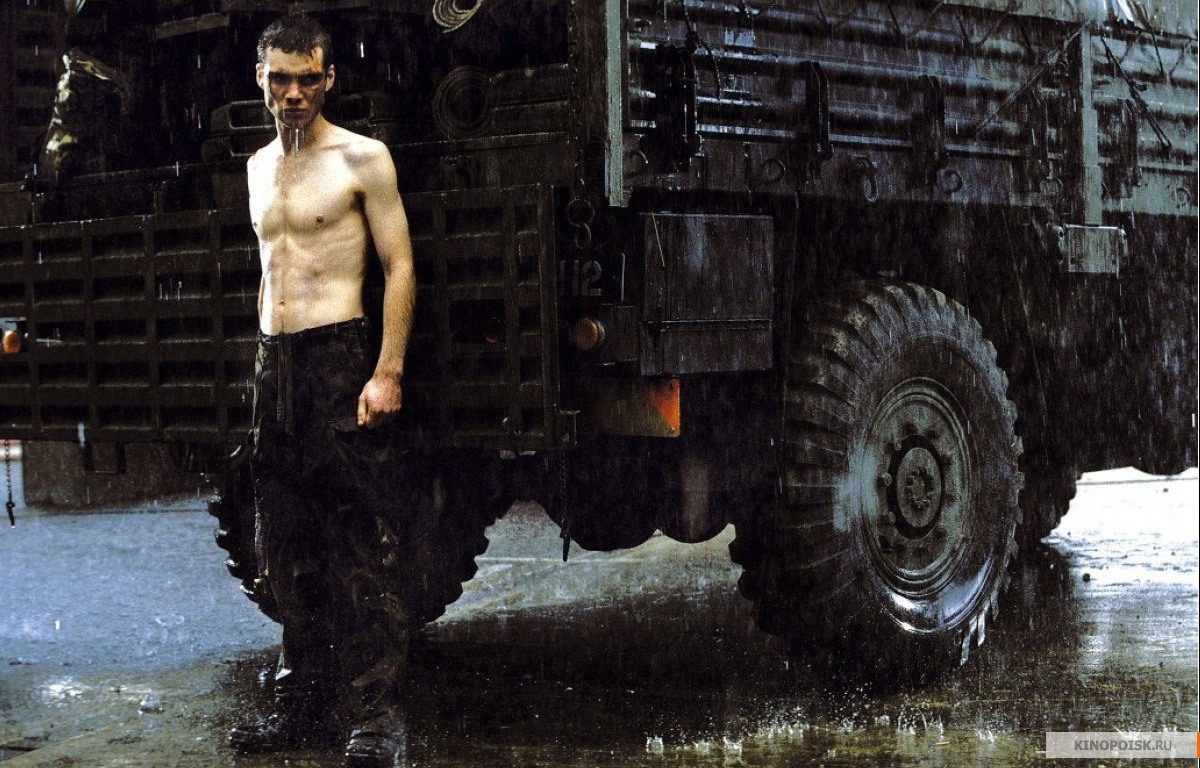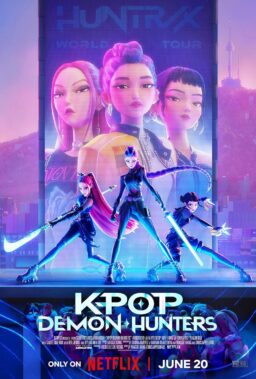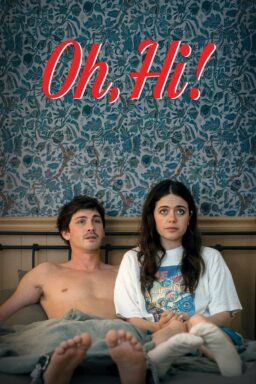“28 Days Later” might be one of my favorite films. It’s definitely my favorite zombie movie, or maybe I should say “zombie by proxy” movie, since the threatening hordes are infected by a rage virus, not dead. It’s not as politically or satirically ambitious as George Romero’s zombie pictures, but as a visionary piece of pure cinema—a film that, to paraphrase Roger, is more about how it’s about things than what it’s about—I think it’s unbeatable. A classic.
I have no particular reason to sing the movie’s praises right now, besides that I watched it tonight for maybe the twentieth time—with my kids, who’d never seen it—and adored every second. Also, “World War Z” is in theaters right now and in my opinion has maybe a fiftieth of the aesthetic and emotional impact of “28 Days Later,” despite having been made on a hundred-times bigger budget. The latter is director Danny Boyle‘s best, purest, most controlled, economical, and powerful film, dark and violent but ultimately inspiring in its affirmation of the basic values that keep humankind chugging along in the worst of circumstances.
The kids—Hannah, almost 16, and James, 9—loved the movie, too. I realize I’m not supposed to show movies like “28 Days Later” to a nine year old, but James is a tough little guy who’s been through a lot in real life, and has never once been scared by a film that I know of. Movies simply do not scare him, period. Never, ever. They’re just pictures on a screen to him, no more upsetting than the gory paintings he sees in the Renaissance sections of museums. He just likes to watch movies. Like his sister, and like me, he admires filmmaking in the way others admire athleticism or musicianship. I let James see all kinds of things I wasn’t allowed to see until I was in middle school, just as I let Hannah watch things that my own parents would not have let me see at her age, because my kids know that even though movies can be thrilling and moving, they aren’t real in the way that life is.
We watch movies together attentively and with humor—particularly action films, silly comedies and horror pictures/thrillers. It’s nourishing. This viewing was a lot of fun.
The scene in the tunnel made the kids laugh with excitement. James hoped the rats that stampeded past Brendan Gleeson’s car were zombie rats and was mildly disappointed that they weren’t. He was sad when the dad got infected by the rage virus, but thought he was stupid to bang that fence with that bloody corpse at the top of it. The boy’s response to the father’s death was heartening. I found the scene so upsetting, despite having seen it many times, that it nearly moved me to tears. The prospect of losing one’s humanity before one’s child in a heartbeat—to use the film’s key phrase—is to terrible to contemplate.
At one point James said, “This doesn’t feel like a zombie movie.” That’s a big part of the reason I like it, even though I love zombie movies.
Midway through, James said, “I like that it’s a disease and the people aren’t dead. It’s more interesting.”
When that smeary shot of the multicolored flower fields came up, Hannah said, “Van Gogh.”
It’s a deeply romantic film, I think, weird as that might sound. The main love story is as unsentimental as a love story can be, but powerful because it evolves out of circumstances. It underlines that there is more to survival than survival itself. You have to want to survive so that you can keep experiencing things like love, friendship, family, food, drink, the sun on your face. You have to love the world to want to survive. You have to be positive to wish to live as long as you can. You have to will yourself to imagine the future, even if you think there won’t be one.
The climax of the film—that five-minute action sequence in the military-controlled mansion, with the pouring rain and the red-eyed infected screaming and howling and tearing people up, scored to “In a Heartbeat”—is a flat-out amazing piece of precision filmmaking, with every shot and cut counting for something. It reminds me quite a bit of the mountaintop battle that concludes Michael Mann’s “The Last of the Mohicans,” and I would not be hugely surprised to learn that director Danny Boyle modeled it on that sequence. The hero’s kicker line (“that was longer than a heartbeat”) is one of the most romantic lines in any movie.
I told the kids that our mutual friend Dean, to whom I showed the film about three years ago, and who is deeply religious, said he felt the presence of God in the movie, and that God was sad. He said he’d never felt that way about a horror film before, and he’d seen quite a few. James had no idea what to make of that story, but Hannah said, “That’s a strange thing to say, but I think I know what he means.”
At the very end of the film, I told James, “Did you recognize that main guy? He was Scarecrow in “Batman Begins.”” James said, “I didn’t recognize him. He must be a good actor.”












